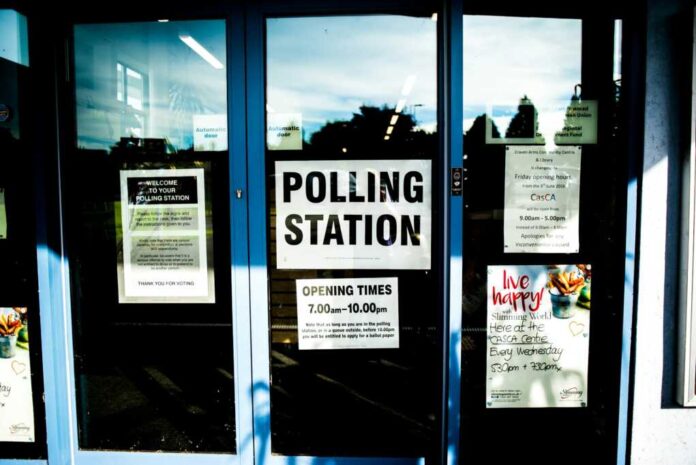
(PartiallyPolitics.com) – A group of 16 Republican state attorneys general, led by Indiana’s Todd Rokita, has expressed concern over comments made by Attorney General Merrick Garland, suggesting that his department may be overstepping its bounds in matters of state election conduct. These attorneys general argue that the Justice Department lacks the authority to infringe upon states’ rights to manage their own elections, as they interpreted from Garland’s remarks at the Tabernacle Baptist Church in Selma, Alabama, where he indicated that the democratic process is being compromised by what he described as discriminatory and unnecessary electoral restrictions.
The core of the disagreement lies in Garland’s initiative to strengthen the Justice Department’s efforts in protecting voting rights, including increasing the staff of the Civil Rights Division’s Voting Section and challenging state-imposed voting restrictions. Garland has voiced concerns over discriminatory practices in voting, including issues with mail-in voting, drop box usage, and voter ID laws, as well as redistricting efforts that potentially undermine minority voting power.
The attorneys general contend that Garland’s stance and the Justice Department’s actions represent an overreach and a challenge to state sovereignty, federalism, and the foundational principles of democracy and the rule of law. They assert their intent to robustly defend state election laws against what they perceive as federal encroachment and intimidation tactics.
Rokita, in particular, has criticized the Biden administration for what he sees as politicizing the Justice Department to undermine state powers in election regulation, arguing for a focus on voter security measures rather than attacks on state-implemented voting laws. He emphasizes the need for the Justice Department to respect the constitutional role of states in election oversight.
Additionally, these state officials refute Garland’s claims about voter ID laws being unnecessary, pointing to their role in preventing voter fraud and the constitutional validation of these laws by the Supreme Court. They also challenge the assertion that mail-in voting and drop boxes significantly contribute to election fraud, advocating instead for the integrity and necessity of these voting methods.
The attorneys general also dispute Garland’s assertion that the Voting Rights Act is being eroded by state legislations, arguing that their election security measures are not designed to obstruct voting rights but to ensure the integrity and fairness of elections, citing concerns over voter fraud and public trust in election outcomes. They emphasize the importance of state autonomy in election management and express their commitment to defending this principle against federal intrusion.
Copyright 2024, PartiallyPolitics.com













